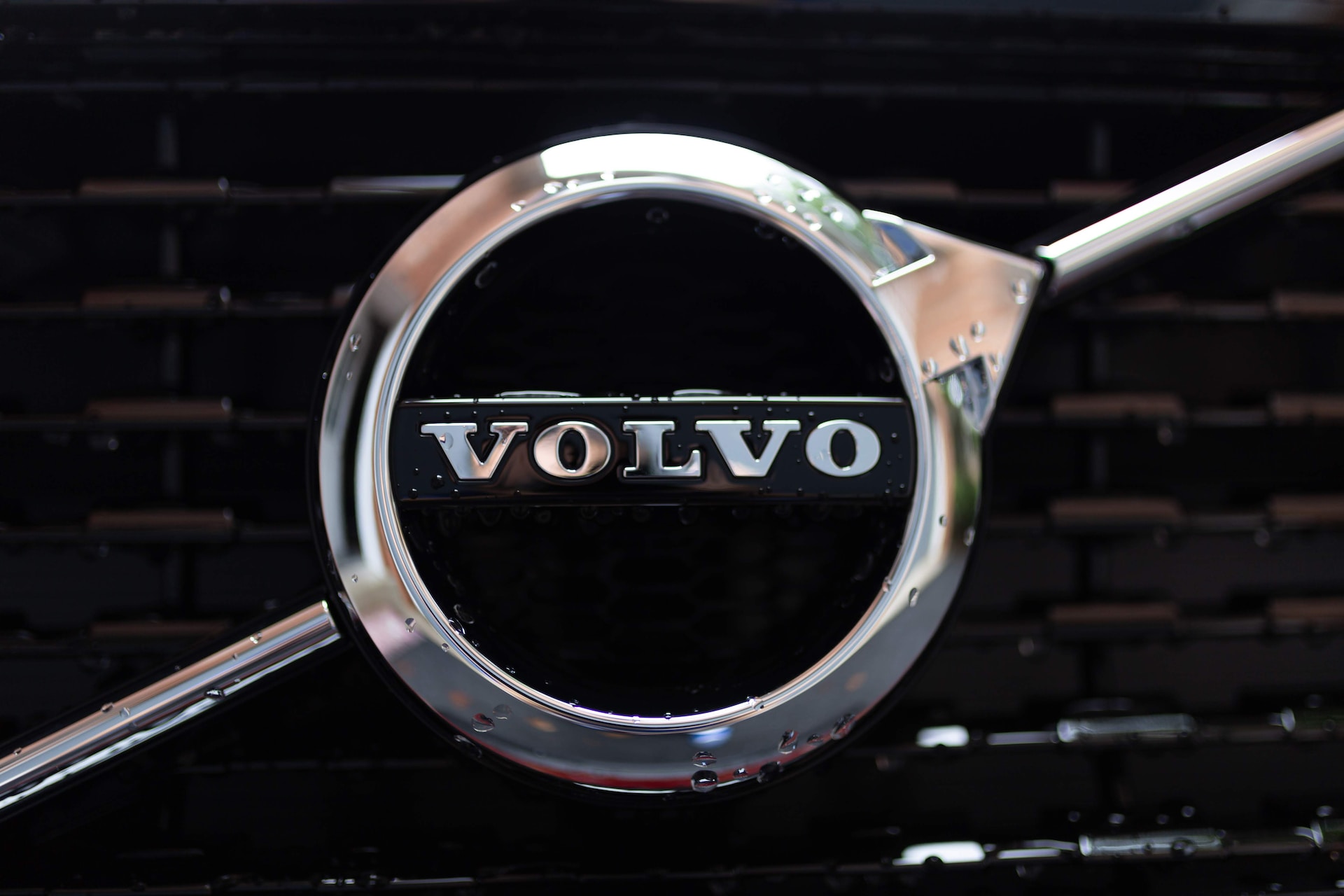
Volvo, the Swedish automotive company, is renowned worldwide for its commitment to safety and innovation. Founded in Gothenburg in 1927, Volvo has become synonymous with quality, reliability, and sleek Scandinavian design. Over the years, the company has made significant contributions to the automotive industry and has garnered a loyal customer base.
In this article, we will uncover 19 interesting facts about Volvo, shedding light on its history, achievements, and unique features. From pioneering safety features to adopting environmentally-friendly practices, Volvo has continuously strived to make driving a safer and more sustainable experience for its customers.
So, buckle up and join us on this journey as we delve into the fascinating world of Volvo and discover what sets this iconic company apart from the rest.
Key Takeaways:
- Volvo, founded in 1927, is a leader in automotive safety, known for its iconic boxy design and commitment to sustainability. It offers electric vehicles and aims to be carbon-neutral by 2040.
- Volvo’s rich history includes inventing the three-point seatbelt and a strong focus on autonomous driving technology. It also offers a subscription-based service called Care by Volvo and has a strong motorsport heritage.
Volvo was founded in 1927.
Established in Gothenburg, Sweden, Volvo has a rich history spanning over nine decades.
Volvo is known for its commitment to safety.
Volvo has pioneered numerous safety features in its vehicles, making it a leader in automotive safety.
The name “Volvo” means “I roll” in Latin.
The name was chosen to symbolize the company’s passion for providing reliable and durable vehicles.
Volvo introduced the three-point seatbelt.
In 1959, Volvo engineer Nils Bohlin invented the three-point seatbelt, which has since become a standard safety feature in cars worldwide.
Volvo is known for its iconic boxy design.
The boxy shape of Volvo cars is not just a design choice, but it also maximizes interior space and enhances safety.
Volvo employs over 40,000 people worldwide.
The company has a global workforce dedicated to designing, manufacturing, and selling Volvo vehicles.
Volvo offers a range of electric and hybrid vehicles.
As part of its commitment to sustainability, Volvo has expanded its lineup to include electric and hybrid models.
Volvo trucks are used in various industries.
Volvo trucks are renowned for their reliability and are utilized in sectors such as transportation, construction, and logistics.
Volvo is a subsidiary of Geely Holding Group.
In 2010, Geely Holding Group, a Chinese automotive company, acquired Volvo from Ford Motor Company.
Volvo has a strong presence in the European market.
The brand has a significant market share in Europe and is recognized for its Scandinavian design and quality.
Volvo cars are known for their longevity.
Many Volvo vehicles have been known to last for hundreds of thousands of miles, making them a favorite among long-term owners.
Volvo is committed to becoming a carbon-neutral company.
Volvo has set a target to be a carbon-neutral company by 2040, focusing on reducing emissions and utilizing sustainable materials.
Volvo manufactures buses alongside its cars and trucks.
The company produces buses for public transportation, offering efficient and environmentally friendly solutions.
Volvo has a strong focus on autonomous driving technology.
Volvo is at the forefront of developing advanced driver-assistance systems with the goal of achieving fully autonomous driving in the future.
Volvo offers a subscription-based service called Care by Volvo.
Through this service, customers can enjoy the flexibility of having a Volvo vehicle without the traditional commitment of ownership.
Volvo has a rich motorsport heritage.
Volvo has competed in various motorsport events, including the British Touring Car Championship and the Scandinavian Touring Car Championship.
Volvo is known for its commitment to environmental sustainability.
The company actively works towards reducing its environmental impact through initiatives like waste reduction and energy efficiency.
Volvo has a strong reputation for comfort and luxury.
Volvo vehicles are known for their elegant interiors, comfortable seating, and advanced infotainment systems.
Volvo cars have received numerous awards and accolades.
The brand has been recognized for its safety innovations, design, and overall vehicle performance by automotive publications and industry organizations.
Conclusion
Volvo is a renowned automotive company that has a rich history and a strong reputation for producing high-quality vehicles. As highlighted in these 19 facts, Volvo is not only known for its commitment to safety but also for its innovation, sustainability, and luxurious design. With a wide range of models catering to various needs and preferences, Volvo continues to strive for excellence in the automotive industry. Whether you’re a fan of their iconic station wagons or their sleek SUVs, Volvo offers a vehicle that combines reliability, performance, and stylish aesthetics.
FAQs
1. Why is Volvo considered a leader in automotive safety?
Volvo has been a pioneer in automotive safety innovations, introducing numerous features such as seat belts, airbags, and advanced driver-assistance systems. Their dedication to safety is evident in their commitment to reducing accidents and saving lives.
2. Are Volvo cars environmentally friendly?
Yes, Volvo is committed to sustainability. They have introduced a range of hybrid and electric vehicles, and have set the goal of becoming carbon neutral by 2040. Furthermore, they strive to use environmentally friendly materials in their vehicles.
3. What are some of Volvo’s most popular models?
Volvo offers a diverse lineup of models, but some of their most popular ones include the Volvo XC90, Volvo XC60, and Volvo S60. These models showcase Volvo’s signature blend of luxury, performance, and safety.
4. Does Volvo offer any warranties?
Yes, Volvo offers a comprehensive warranty package for their vehicles, including a new car limited warranty, corrosion protection warranty, and hybrid battery warranty. Additionally, they provide various extended warranty options for added peace of mind.
5. Where are Volvo cars manufactured?
Volvo cars are manufactured in different countries around the world. While their headquarters are in Sweden, they have production facilities in China, Belgium, and the USA, among other locations.
6. How can I find a Volvo dealership near me?
You can easily locate a Volvo dealership near you by visiting Volvo’s official website and using their dealer locator tool. It will provide you with the nearest authorized Volvo dealerships in your area.
Was this page helpful?
Our commitment to delivering trustworthy and engaging content is at the heart of what we do. Each fact on our site is contributed by real users like you, bringing a wealth of diverse insights and information. To ensure the highest standards of accuracy and reliability, our dedicated editors meticulously review each submission. This process guarantees that the facts we share are not only fascinating but also credible. Trust in our commitment to quality and authenticity as you explore and learn with us.


